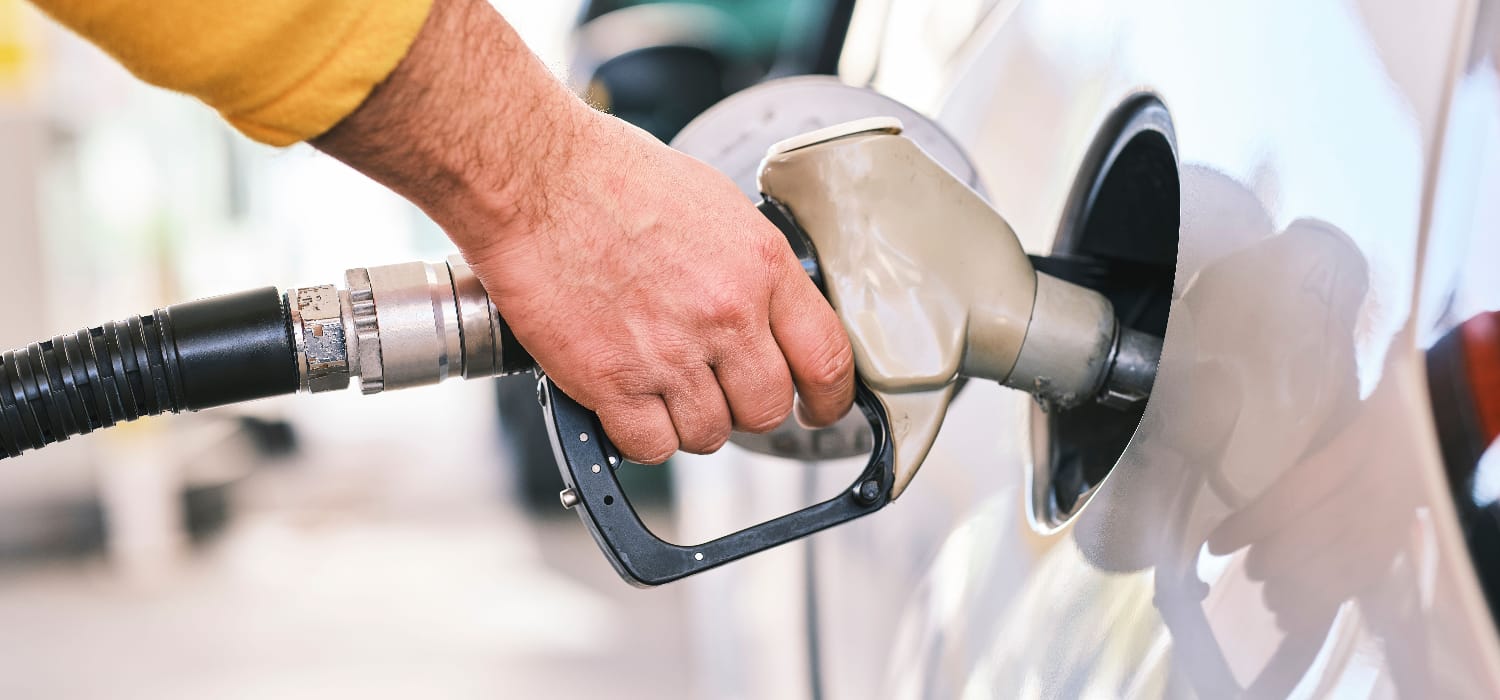
As industries adapt to life after covid and ever-increasing inflation, businesses and individuals are seeking ways to save money in these trying times. One method of reducing costs that companies and drivers are considering is comparing the running of an electric car vs petrol.
Data from Automotive found that electric vehicles are now more than half as expensive to run as petrol or diesel cars when charged at home on a dedicated energy tariff. Drivers charging at home on an electric vehicle (EV) tariff can save over 56% compared to petrol or diesel per mile.
New-age technology or comfortable past times
So, despite the initially higher costs of purchasing an electric car, recharging vs refuelling would pay off after a few years of going electric. But Europe’s ongoing energy crisis and the worrying increase in the price of electricity must be considered.
The electric engine is still a new concept in the commercial fleet industry, and the world continues to weigh up its advantages and disadvantages. Cars have mostly run on fossil fuels for over a century and have been a major contributor to global greenhouse gas emissions.
In this article, we discuss and compare electric and petrol options, along with their advantages and disadvantages.
Advantages of electric cars
Electric cars release a fraction of the emissions of petrol or diesel vehicles and are more cost-efficient in the long run. An electric car works with electricity that powers the motor, which is slightly dissimilar to a regular petrol or diesel motor. EV motors use minimal components, require less maintenance and cause less pollution.
An electric motor converts electrical energy into mechanical energy. Most operate through the integration between the motor’s magnetic field and electric current, in a wire winding to generate force in the form of torque applied on the motor’s shaft.
As they grow more popular and supply increases, electric vehicles are becoming an eco-friendly solution for fleets. They run entirely on electricity, and free charging points can help drivers save substantial amounts of money. Even when paying for public charging stations, drivers can use fuel cards to improve the process of recharging.
Maintenance costs are minimal, with no requirement for services such as oil changes, and convenience is at an all-time high for electric vehicle owners as the Government continues to introduce more accessible charging stations across the UK.
Considerations for electric cars
The main disadvantage of electric cars is the wait for a full battery. Petrol users can fill up and head off on their journey but electric vehicles can take up to eight hours to fully charge, although most users will simply top-up charge rather than wait for a full battery. However, if you run out of power while driving, the solution is not as simple as asking for help in the form of a petrol can. You have to find somewhere to charge up.
To take full advantage of an electric vehicle, drivers need to take the time to route plan for the most efficient experience and rest assured that they are aware of the closest charging points available, something that is widely accessible throughout the country but more difficult to find than a petrol station.
Advantages of petrol cars
Petrol cars have been around for over a century, offering numerous benefits over hybrid and electric vehicles, the main being that they are often more affordable to purchase and repair and spare parts are more readily available.
Petrol engines also tend to last longer than electric motors, and typically have a long service life, saving costs in the long run.
Considerations for petrol cars
As petrol continues to fluctuate in price, fuelled vehicles are generally becoming incredibly expensive to run as governments push towards the 2030 ban on producing new petrol cars to discourage drivers from purchasing them. Fuel costs can rise or drop as they are subject to volatile market factors, making it tough for businesses to estimate medium-term costs and budgets.
The main disadvantage of petrol vehicles is that they are not very environmentally friendly or energy efficient, using non-renewable energy sources for power that will not be around to utilise forever.
Making the decision
With perks to both, it can still be tough to know which is the right car for your fleet. Longer journeys require recharge/refuelling, and with limited charging infrastructure this can be difficult for electric vehicles to deliver.
Ultimately, EVs are a good option considering the increase in supply and their impact on achieving a net-zero future but with challenges on the road, it is good to consider a petrol car to perform at a greater capacity, especially for those looking for an immediate affordable option.
Get in touch with us today to find out more about improving your fleet in 2023.
Back to news and resources
